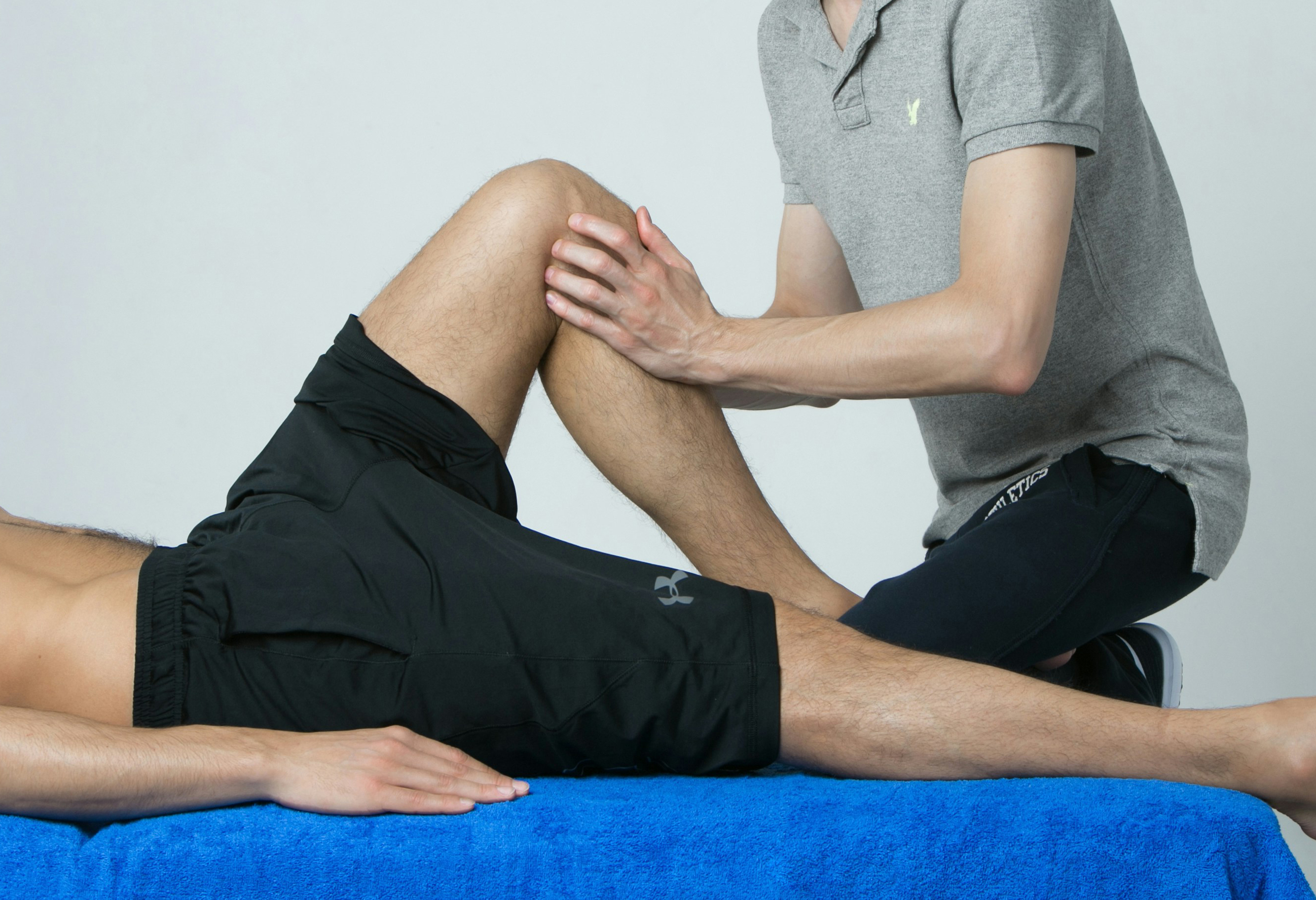Move Your Mind: How Physical Activity Improves Mental Health
Read time: 4 mins
When life feels stressful or your mood is low, it's tempting to slow down and rest but sometimes, what your mind really needs is movement. Regular exercise is one of the most powerful tools for improving mental health, reducing depression and anxiety, lifting your mood and helping you sleep better.
At SLS Therapy, I understand how closely the link between exercise and mental health are connected. Togther, let's explore how movement can truly help you move your mind.
The Science Behind Moving For Your Mood
When you incorporate physical activity into your life, your body releases endorphins. These are feel-good chemicals that act as natural painkillers, mood boosters and improve your mental health. They are the reason you often feel more relaxed and positive after a workout.
But it's not just endorphins at play. Engaging in physical activity and exercise may also:
- Reduces levels of stress hormones (like cortisol).
- Increases serotonin and dopamine – key for happiness and motivation.
- Enhances brain function and concentration.
- Improves sleep quality, which is vital for emotional stability.
According to the NHS:
"Research also shows that physical activity can boost self-esteem, mood, sleep quality and energy, as well as reducing your risk of stress." — Benefits of exercise, NHS website
The effect of exercise on mental health issues can be as effective as antidepressants for mild to moderate depression, making it one of the most accessible forms of natural stress relief available.

Physical Activity and Anxiety: Finding Calm Through Movement
If you struggle with anxiety, you may notice your body feels tense, your breathing shallow and your thoughts racing. Physical exercise improves mental health and can help calm both your body and mind.
Here's how:
- Rhythmic movement (like walking, running or cycling) regulates breathing and lowers heart rate.
- Stretching or yoga promotes relaxation and body awareness.
- Outdoor activity adds an extra benefit – exposure to daylight boosts vitamin D and serotonin.
To look after your mental health further and for deeper, ongoing support – you can also explore acupuncture for anxiety. This compliments exercise beautifully by helping to rebalance your nervous system and promote calm. Read my guide to acupuncture for pain relief for further information.
From Tension to Balance: The Mental Health Benefits of Exercise
Exercise and physical activity isn't just about burning calories or building muscle – it's about emotional balance and confidence.
Here's what engaging in regular physical activity can do for your mind:
- Reduces stress and tension in both muscles and mood.
- Improves self-esteem through goal achievement and body confidence.
- Provides focus and structure, especially valuable when you feel overwhelmed.
- Builds resilience, teaching your mind to stay calm under pressure.
- Even simple, everyday activities – walking to work, cycling with friends or stretching at your desk – can make a noticeable difference in your outlook and energy levels.

Sleep Better, Feel Better
Sleep and mental health are deeply connected and research has shown that exercise can also help promote deeper, more restful sleep by regulating your circadian rhythm (your body's natural clock).
- A morning workout can help you feel energised and focused throughout the day.
- An evening stretching sequence or light yoga can calm your body and prepare it for rest.
If you're struggling with insomnia linked to anxiety or stress, combining the physical benefits of exercise with acupuncture or massage therapy can create a powerful, holistic approach to improving sleep and general health and wellbeing.
Getting Started: Small Steps Make Big Changes
You don't need to train for a marathon to feel the mental health benefits of physical activity. In fact, the key is consistency, not intensity. Increasing your activity and doing short bursts of exercise on a regular basis will improve your sense of health and mental well-being.
Even small amounts of physical exercise can make a difference to your physical and menatl health. Here's how to get started:
- Begin with 20–30 minutes of moderate-intensity activity, three times a week.
- Choose an activity that you enjoy – walking, swimming, yoga or dancing.
- Mix it up to stay motivated and engaged.
- Listen to your body – rest and recovery are part of progress.
If you're experiencing a decline in your mental health and you're already seeing a professional, combining psychological support with physical activity can help boost your recovery overall.

Move Your Mind, Transform Your Life
If you don't think you have time for exercise, think again. Even small amounts of exercise or physical activity per week has the power to improve your mood, mindset and energy – all without medication. Physical activity has lots of benefits and whether it's a walk, a stretch, or a gym session – movement is your body's natural antidepressant and a daily reminder of how strong you really are.
At SLS Therapy, I believe that mental wellbeing starts with mindful movement and the role of exercise in daily life contributes significantly to physical fitness and overall wellbeing. By combining therapies like acupuncture for anxiety with massage and rehabilitation, I can help you find balance – in both mind and body.
Final Thoughts
Exercise is a powerful tool for your mind, not just for your body. Research shows that consistent physical activity releases endorphins, eases anxiety, lifts low mood and improves sleep – helping you feel calmer, more confident and more in control.
Move your body, free your mind and find your balance –Book a session with SLS Therapy today and start your journey to wellness.





